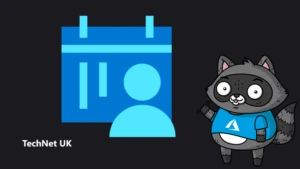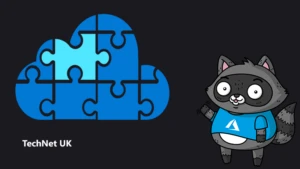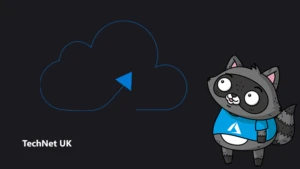
How individual contributors can become brilliant technical leaders

Valued contributions come in many forms
Being a leader means more than being a manager. You don’t need a staff of hundreds to be an influencer, motivator, or creator. Often, some of the best, most valued, and effective people in an organisation are not managers.
Nor might they want to be. They are individual contributors (ICs): highly skilled professionals who are fundamental to businesses’ development and innovation. They can be engineers, designers, or developers. What they have in common is their ability to use their technical skills to find solutions to problems, and the impact they have despite having no direct reports.
In a world of digital transformation, technical professionals are more important than ever. They are the driving force behind product development in tech companies, and they hold significant weight in determining processes and functions across the entire business, regardless of industry.
ICs: Unsung heroes hold great leadership potential
In business, the terms ‘leader’ and ‘manager’ are often considered the same thing―and it is clear that in many ways they are complementary. Managers are often leaders, responsible for the performance, growth, and development of their staff. However, management isn’t for everyone. Many people don’t aspire to manage, and some actively avoid it due to the increased responsibility and admin that it involves.
ICs, for example, are focused on developing their technical expertise. They’re good at what they do because they’re passionate about their specialisms and have made the pursuit of technical excellence their goal. For them, management is simply a burden that will take time and attention away from what they love doing.
The expertise that ICs cultivate over their careers are skills that all companies today desperately need. They’re the foundation of innovation in a fast-paced digital world. As a result, evolving this talent so that it’s properly applied should be a priority for every organisation.
Less admin, more leadership
At a time when businesses need to digitally transform, leadership skills can give technical people the ability to make a significant difference to the wider company, to the extent that they can shape and influence its future direction. Through their experience and talent, ICs are naturally in a position to inspire and influence. They can monitor, guide, and teach others who have technical aspirations but need a specialist to help them develop their careers.
Without leadership skills, however, it can be tricky for ICs to reach their potential because they may not have the tools to communicate ideas to others and share the knowledge that leads to empowerment and cross-team success.
It is imperative that organisations see the skills of ICs as equal to those of managers and invest in their development through initiatives that provide the structure of traditional management programs but with a focus on leadership, rather than managerial practices. Through the right training, ICs can build the skills necessary to communicate outside of their teams, act as change agents, and gain greater visibility with other business leaders.
How to transform individual excellence into technical leadership
The Microsoft Technical Leadership Development Program (TLDP) and similar initiatives aim to recognise, develop, and retain ICs. It uses a broad set of principles that can be applied to any organisation that wants to make the most of their technical talent and give them valid and fulfilling careers.
The first step for businesses is to identify members of their teams who fit the IC profile and demonstrate the potential for technical leadership outside of a traditional management career path. Evaluate their ability, commitment, and aspirations. The route to technical leadership will not be for all ICs—only those who consistently show that they have the desire and skills to engage in a wider context for the good of the company. Key leadership qualities to look for include:
- An ability to make complex ideas understandable
- The energy to inspire creativity in others
- The drive to seek solutions and deliver success through innovation
Focus on tailored training and development to help your ICs progress. This involves exposing them to aspects of the business outside of their usual technical work and giving them deeper exposure to areas and people within the organisation that will help them think and act strategically.
ICs: Ready for a step in a new direction?
If you’re an IC, you need to look at what drives you.
You might focus on code day in, day out, but do you also have a desire to help others get better at what they do? Do you enjoy it when you have the opportunity to explain complex concepts to different stakeholders throughout the business? Do you see yourself as a tech evangelist, and can you encourage others to have the same passion?
If you choose to, you can become a key leader in your business, especially at a time when digital has become so important to companies’ futures. Whether it’s leading virtual teams, spearheading new initiatives, or encouraging innovation―as an IC, you can develop the capabilities that will transform you into an effective technical leader.
Remember that leadership is all about mindset. If you have what it takes, you need to seek out support within your organisation that will amplify your talents.
Any savvy business will jump at the chance to make this happen for you.




